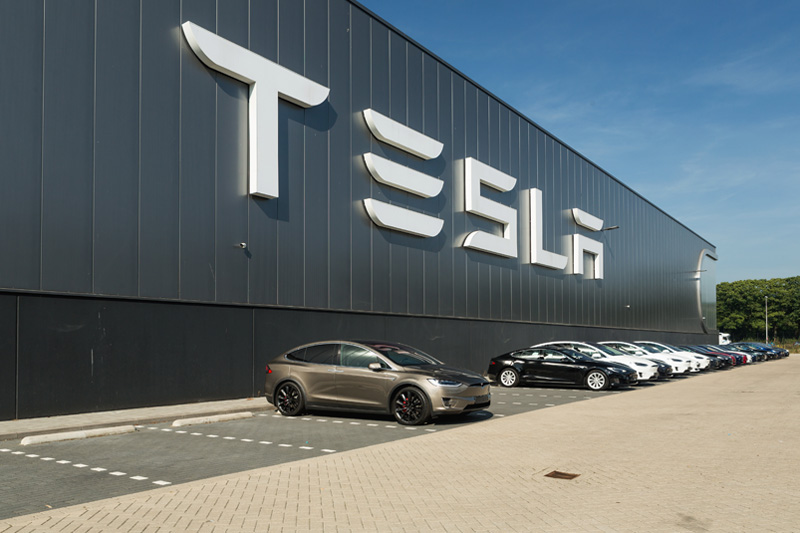This post was originally published on this site

CFO, Thierry Pieton, expressed that the most effective strategy against price competition is to reduce the company’s own development and manufacturing expenses.
Although the goal to decrease costs by 40% is aimed for 2027 and beyond, CEO Luca de Meo stated that the group anticipates considerably lower production costs starting from the latter half of this year, attributable to a decrease in the prices of raw materials.
“It’s clear we are in competition and that time is of the essence, but that’s the business we are in,” he said.
Chinese manufacturers like BYD and SAIC have made substantial investments in the transition, leveraging their lower labor costs and access to domestic battery suppliers to gain an early advantage over many competitors.
In 2022, Chinese automakers held a 9% share of the European EV market, almost twice the percentage of the preceding year, as projected by Inovev.
Electric automakers are also facing increased pressure from U.S. rival Tesla Inc (NASDAQ:TSLA), which has cut prices several times this year, sacrificing margins to promote growth.
Stellantis NV (NYSE:STLA) CEO, Carlos Tavares warned Wednesday that competition with Chinese manufacturers would be “extremely brutal”.
“Their cost competitiveness is 25% against us. We have to fight,” he said.
Tavares described the Chinese push as an “invasion”, saying “We need to use our own costs to make sure that we keep on making profit with affordable prices for our middle classes.”
Mercedes-Benz, Thursday, reaffirmed its commitment to its current strategy and its intention to avoid a pricing battle to secure market share in China.
When asked about Volkswagen’s approach to develop new models with Chinese collaborators and the potential co-creation of local platforms, Ola Kaellenius, CEO of Mercedes, stated that the luxury automaker is cooperating with partners in China to customize its technological products to cater to local preferences.
Kaellenius further emphasized, “We are not handing the task of creating the Mercedes of the future to another OEM”.

